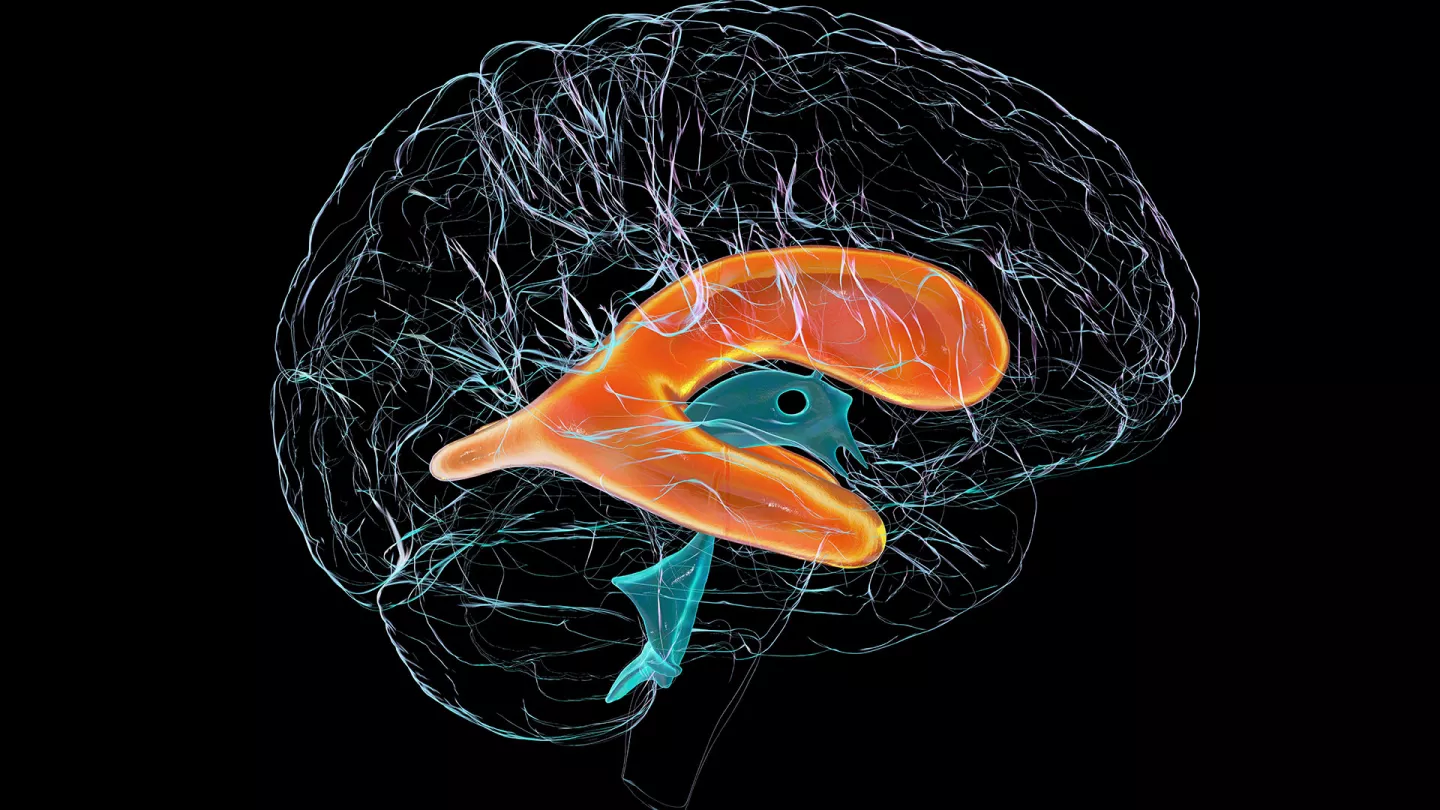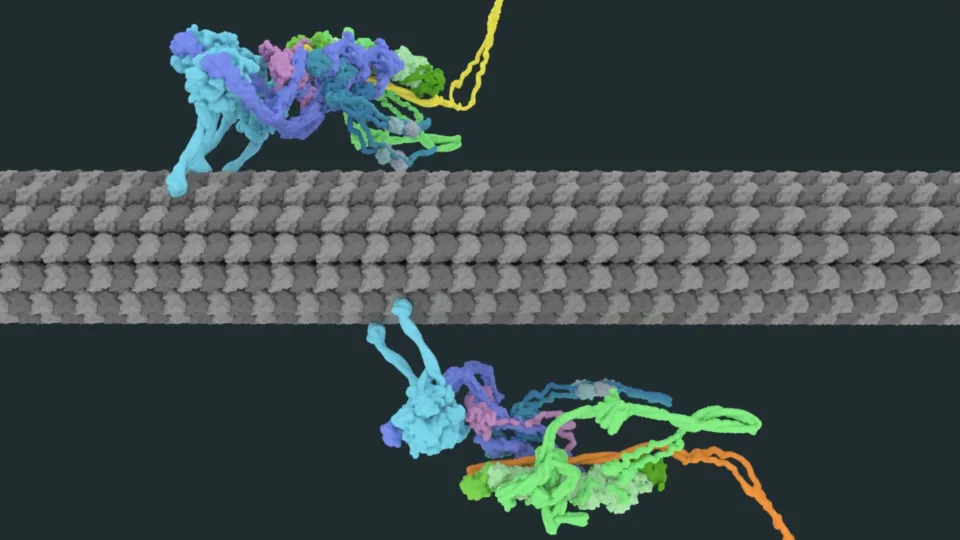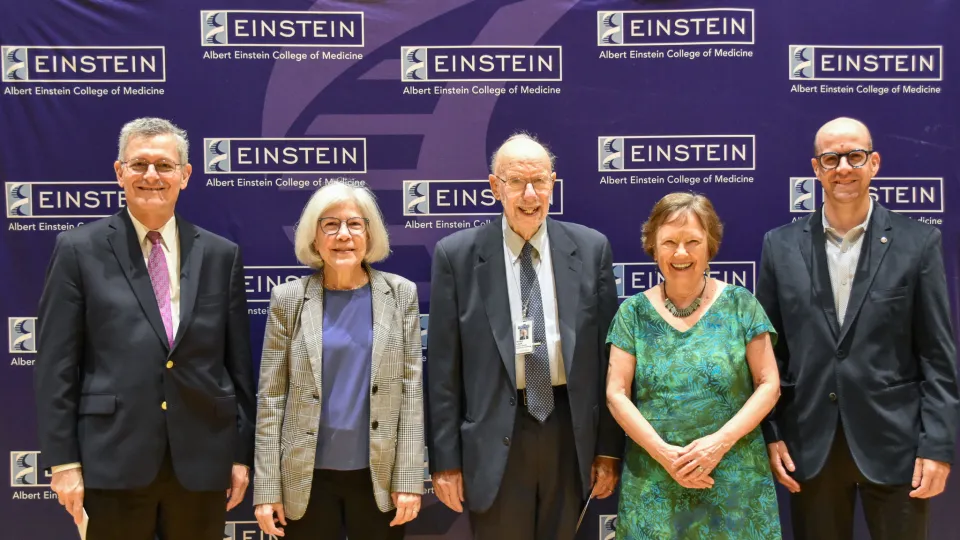News Brief
Preventing Hydrocephalus in Premature Infants
August 9, 2024

More than a quarter of premature infants weighing less than 1500 grams develop intraventricular hemorrhage (IVH), i.e., bleeding into the ventricles (brain cavities) that produce and store cerebrospinal fluid (CSF). IVH causes hydrocephalus—the buildup of fluid within the ventricles—which in turn can lead to cerebral palsy and cognitive deficits. There are no effective therapies to prevent or mitigate post-IVH hydrocephalus in premature infants.
The National Institute of Neurological Disorders and Stroke has awarded Praveen Ballabh, M.D., a 5-year, $2.8 million grant to better understand post-IVH hydrocephalus and develop interventions to prevent it. The brain’s ventricles are lined by specialized cells called ependyma, which are covered by beating cilia that help CSF to circulate. Dr. Ballabh and colleagues will determine if IVH disrupts the proliferation and maturation of ependyma cells in premature rabbits; if it does, the researchers will investigate whether this damage can be reversed to restore CSF flow. The research could lead to new therapies for treating or preventing hydrocephalus in premature infants with IVH.
Dr. Ballabh is professor of pediatrics and in the Dominick P. Purpura Department of Neuroscience at Einstein and is an attending physician at Montefiore. (1R01NS136615-01A1)



